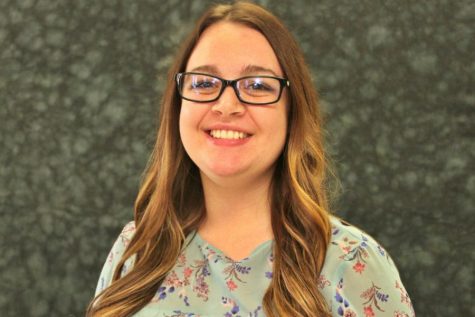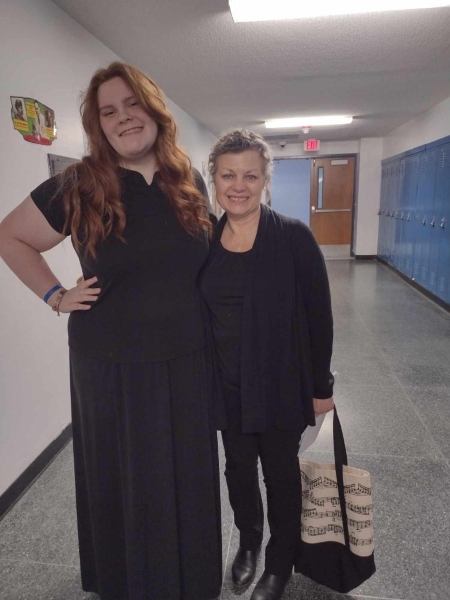Future students will have to know material on citizenship test
IMAGE / Wikimedia Commons
In a few years, Michigan social studies teachers will be required to teach the material in the 100-question civics portion of the citizens exam and students will have to pass the class in order to graduate.
After the Michigan Legislature gave the final approval on House Bill 4136 of 2015 in December, Lt. Gov. Brian Calley signed the bill into law. Calley signed the law because Gov. Rick Snyder was out of the state at the time.
As of now, Michigan students must pass a one-semester civics course. The new addition from the bill means that students will have to learn the same material that is a part of the 100-question civics portion of the citizenship exam.
The high school standards will need to be updated by May 1, 2018.
Mr. Andy Nester, civics teacher, agrees with the idea. However, he is not in favor of the law.
Nester, as well as others who were opposed to the law, fear that students will only memorize the answers to pass the test and not apply any connections or understanding of the facts.
I feel that students who take civics here at Kearsley would do well on the naturalization test if they took it as a senior after having the class as a junior.
— Mr. Andy Nester, civics teacher
“A mere recall of facts is generally frowned upon when designing curriculum these days,” Nester said.
Nester believes that covering the questions in the citizens exam is not necessary at Kearsley.
“I feel that students who take civics here at Kearsley would do well on the naturalization test if they took it as a senior after having the class as a junior,” Nester said. “I believe we have a solid curriculum that prepares students to not only know facts but apply them to current political (and) governmental situations and make evaluations for themselves how government is performing.”
On the other hand, Mrs. Kim Rouvelin, French teacher, believes that the law will be a great addition to the high school curriculum.
As a native born Canadian citizen, she took the citizenship test when she came to America.
Rouvelin noticed the lack of civics knowledge in Americans she knew while preparing for the exam.
“When I was preparing for my citizenship test, we used to have student helpers here at Kearsley,” Rouvelin said. “So instead of taking a class you could work with a teacher for an hour, and that student helped me a lot because she would quiz me and she couldn’t believe all the things she didn’t know — and she was in a government class.”
I think it would be great if students knew what they are expecting immigrants to know.
— Mrs. Kim Rouvelin, naturalized citizen
A 2014 survey of almost 1,500 adults showed a lack of knowledge in civics.
Only 36 percent could name all three branches of the U.S. government while 35 percent couldn’t name one branch, and more than half the adults surveyed didn’t know which political party controlled the U.S. House and Senate at the time.
Rouvelin would ask her American friends questions on the exam, and they wouldn’t know the answers either.
“There are no questions on there that there’s a reason not to know,” Rouvelin said.
Rouvelin believes that everyone should know the material covered in the citizens test.
“I think it would be great if students knew what they are expecting immigrants to know,” Rouvelin said. “I’m a university graduate immigrant. But there are other immigrants who are not, and they’re expected to know this stuff. So I would imagine a high school student should know it too.”

Birthday: June 3, 2000
Extracurricular activities: volleyball
Hobbies: Reading
Plans after high school: Go to college to be a sign language...











